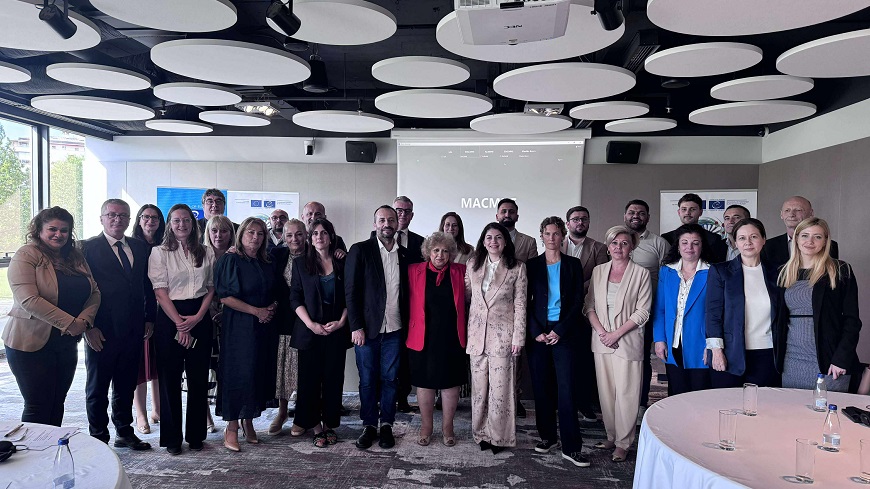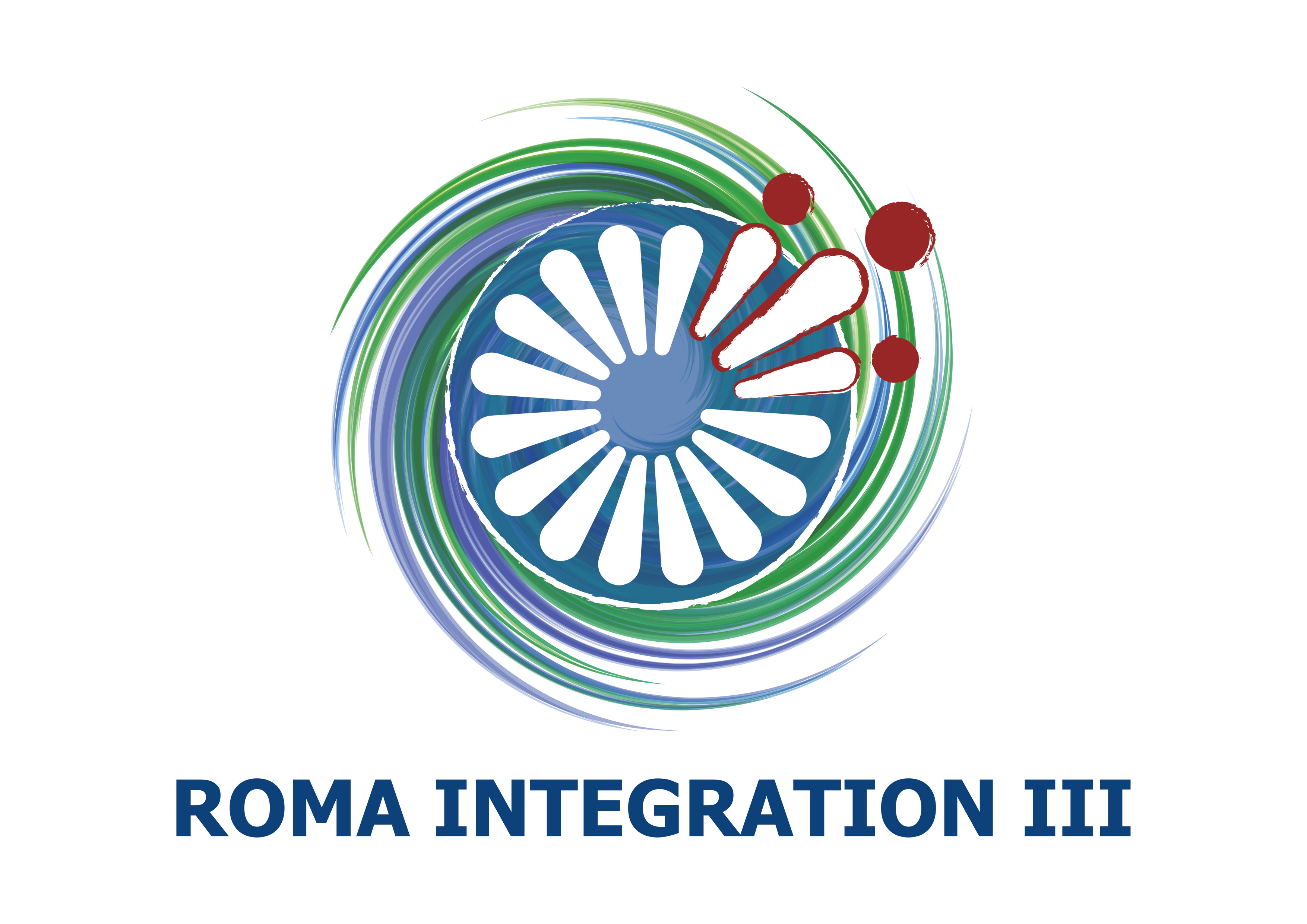On 27 May 2025, representatives of governments, international organisations, civil society, and human rights experts gathered in Podgorica, Montenegro, for the Regional Roundtable on the Prevention and Reduction of Statelessness among Roma in the Western Balkans. The event served as a unique platform to address one of the most pressing human rights challenges in the region—statelessness, particularly among Roma communities. Through a series of interactive sessions, participants worked to identify good practices, examine legal and administrative barriers, and define concrete, coordinated steps to be taken at the regional and national levels in addressing the issues of statelessness among Roma.
In his opening remarks, Fatmir Gjeka, Minister of Human and Minority Rights of Montenegro, reaffirmed the government’s commitment to addressing statelessness and called for enhanced regional cooperation. He underlined the importance of legal identity as a gateway to accessing fundamental rights and public services, stating that “no child should grow up invisible to the state.”
Lejla Dervišagić, Head of the Council of Europe Programme Office in Podgorica, emphasised the Council of Europe’s continued support to Member States in protecting the rights of vulnerable groups, including Roma and stateless persons. She advocated for sustainable solutions and inclusive policies that leave no one behind.
Stefanie Krause, UNHCR Representative in Montenegro, highlighted the regional dimension of the issue and the importance of accurate data, political commitment, and targeted legal reforms. “Statelessness is solvable,” she said, “but it requires strong partnerships and accountability.”
Nina Murray, Head of Policy and Advocacy at the European Network on Statelessness, noted that statelessness is often rooted in systemic exclusion and discrimination. She called for strengthened civil registration procedures and inclusive nationality laws to ensure that no individual is denied the right to a nationality.
As part of the roundtable, a presentation of the regional findings highlighted insights from six Beneficiaries, summarising key achievements and ongoing challenges related to statelessness in the Western Balkans. The speaker emphasised that these findings will be incorporated into a regional policy paper—currently in development—which will be shared with stakeholders in due course. The paper remains a living document, shaped in part by the discussions held during this event.
Four cross-cutting themes emerged from the findings:
- Data gaps: Despite some progress, the lack of comprehensive and disaggregated data on statelessness remains a persistent obstacle. While recent censuses have included questions on citizenship, they often fail to reflect the true scale of the issue. The presentation emphasised the need for inclusive, Beneficiary-led data collection developed in collaboration with community-based actors.
- Barriers to birth registration and prevention of childhood statelessness: Legal frameworks exist in most Beneficiaries to provide for immediate birth registration and prevent childhood statelessness, yet practical barriers persist. These include difficulties accessing documentation, healthcare, and legal support—particularly for Roma families. While there are promising practices such as simplified procedures and interim registers, stronger implementation is needed to ensure that safeguards work for all children.
- Sustainability of Civil Registration efforts: While targeted interventions have helped resolve many individual cases of statelessness, their sustainability remains in question. The findings called for outreach and legal assistance to be integrated into national systems and for greater support to Roma-led and grassroots organisations, especially amid uncertain funding environments.
- Regional cooperation: Statelessness in the Western Balkans is a transnational issue that cannot be solved by national actions alone. The presentation stressed the importance of building on existing political commitments, such as those outlined in the Poznan Declaration, and strengthening institutional mechanisms for cross-border cooperation.
In conclusion, the findings reaffirmed that although progress has been made, further action is essential. By investing in inclusive data systems, removing practical barriers, supporting community-based organisations, and reinforcing regional cooperation, stakeholders can take coordinated and lasting steps to ensure that no one is left without a legal identity or nationality.
This roundtable marked an important milestone in regional efforts to ensure that Roma communities across the Western Balkans are no longer left in legal limbo. Participants expressed a strong commitment to continuing collaboration beyond the event, with the aim of translating shared priorities into sustainable, inclusive solutions.
The event was co-organised by the Joint Programme of the European Union and the Council of Europe “Roma Integration Phase III”, in collaboration with UNHCR and the European Network on Statelessness



